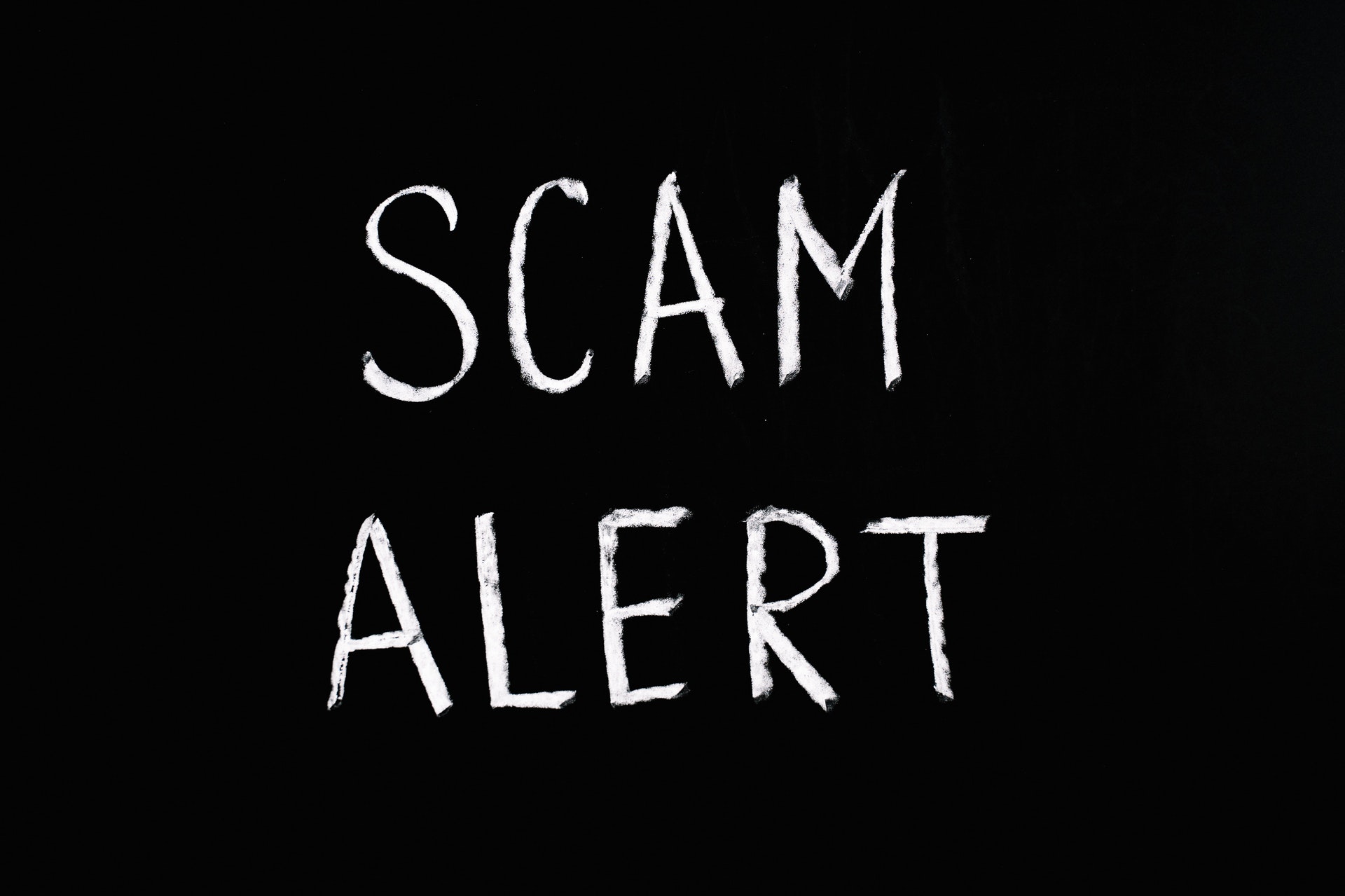With another round of stimulus checks on their way, this is a great time for fraudsters to pounce. Don’t be a victim! Follow these smart tips:
- If you receive a suspicious email or text message, DON’T respond, click on links, or open attachments. Banks and government agencies will NOT ask for confidential information — such as your Social Security Number, bank account number, credit card numbers, passwords or PINs.
- If you do get a call or message that you think is from a government agency, call the agency back at a number you trust or a number that is listed on their official site, rather than replying directly to a call or email.
- Beware of messages that ask you to “verify” your payment or to provide additional information. This is NOT required by the IRS to receive your payment and is likely a scam.
- Also, high-pressure tactics like telling you that something needs to be done immediately, or saying if you do not do something you will lose your payment, are also probably scammers.
- Finally, any offer to get your payment faster “for a small processing fee” is NOT legit. Don’t fall for it. There is no such thing as speeding up payments.
You can check the status of your stimulus payment and/or your eligibility directly with the IRS, here.


